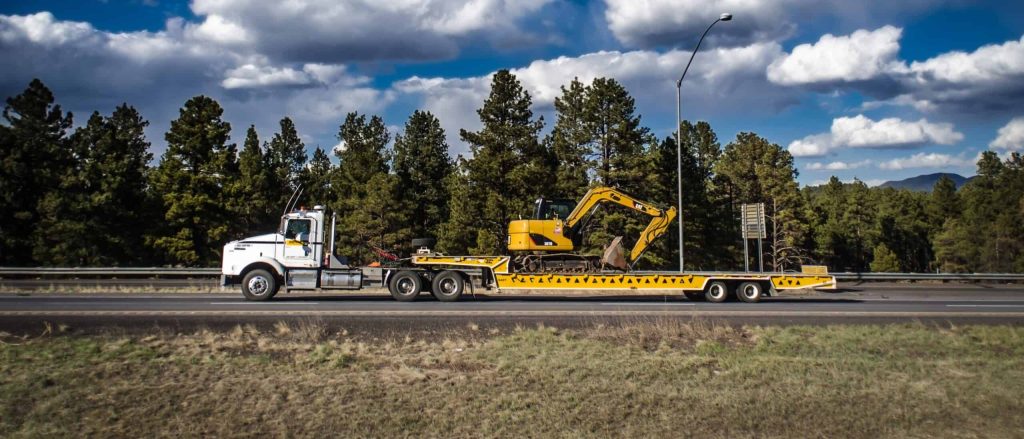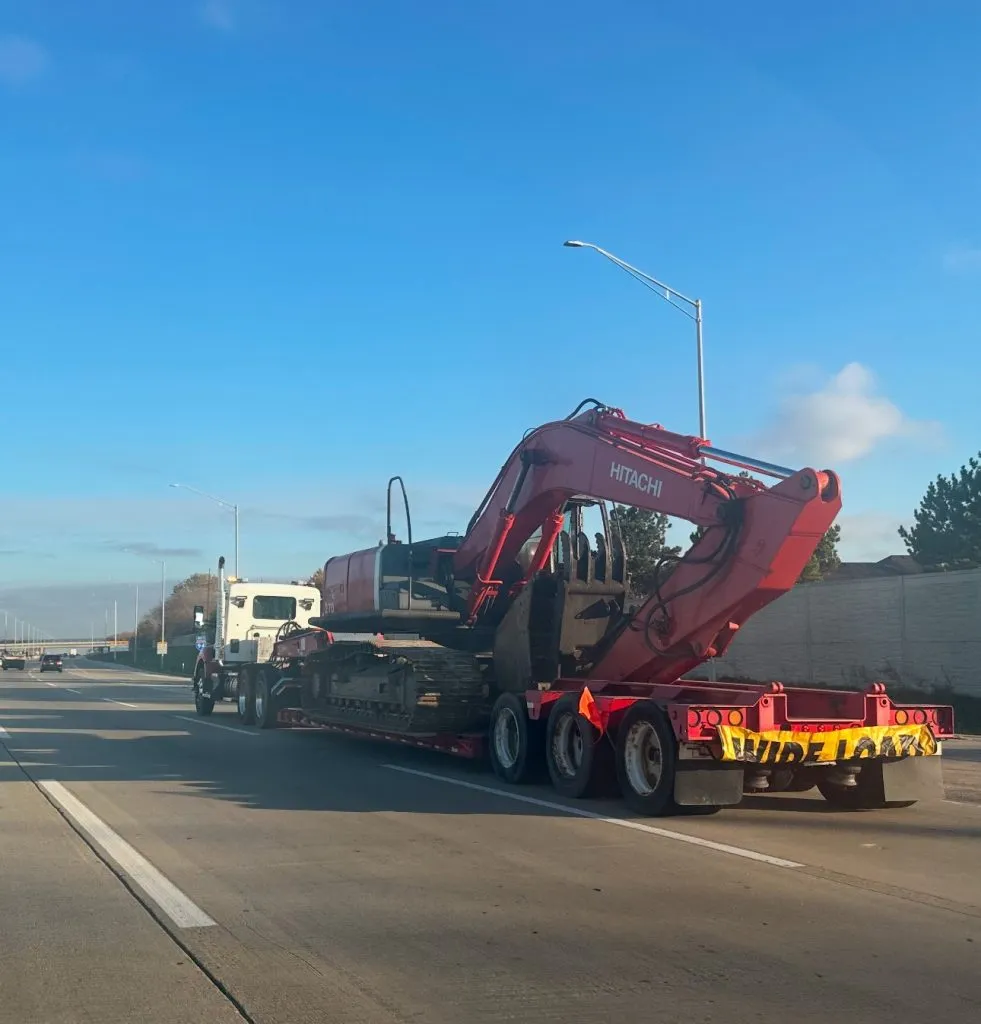
Transporting heavy equipment requires precision, safety, and efficiency. Whether it’s for construction, agriculture, or industrial purposes, selecting the right trailer for heavy equipment hauling is a crucial decision. At BKK Transport, we understand the importance of making the right choice to ensure seamless transport.
The wrong choice can lead to costly delays, equipment damage, and safety risks. This comprehensive guide will help you understand the key factors to consider and make an informed choice tailored to your needs.
The weight capacity of a trailer determines how much load it can safely carry. It is a critical factor in heavy equipment trailing. Overloading a trailer can result in structural damage, tire blowouts, or accidents. This is especially important for Heavy Equipment hauling who regularly move bulky machinery. To ensure safe and efficient transport, consider the following:
By choosing a trailer with the right weight capacity, heavy equipment movers can prevent wear and tear on their equipment and ensure a smoother shipping process.
The size and shape of your trailer impacts its stability and how securely it can carry machinery during hauling. For heavy equipment transport services, using a trailer improperly matched to the load size can compromise safety.
Proper trailer sizing helps avoid overhangs and reduces risks during transportation, ensuring safety standards.
The durability of heavy haul trailers is essential for ensuring long-term performance, particularly for large equipment movers who face regular wear and tear. Material choice impacts the trailer’s resilience and cost-effectiveness:
Selecting the right material depends on the environmental conditions, budget, and load weight, ensuring that the trailer withstands frequent use without compromising safety.
Robust safety mechanisms are crucial for heavy equipment hauling, ensuring the protection of machinery and road users during transit.
Safety features minimize risks and streamline shipping, making the process safer and more reliable.
Compliance with transportation laws is a key consideration in heavy equipment transport. Failing to meet regulations can result in fines, delays, and logistical challenges.
Understanding and following local laws ensures smooth hauling operations, avoiding unnecessary legal complications.

While the initial cost is significant, consider long-term factors for the most cost-effective solution in transport.
Balancing upfront costs with maintenance and operational expenses ensures a reliable and efficient solution for equipment shipping and heavy machinery transport.
We offer reliable transport services tailored to meet the needs of various industries. With a strong reputation for professionalism and efficiency, we ensure your equipment is delivered safely and on time. Our team specializes in:
Choosing the right trailer for heavy equipment hauling involves careful consideration of weight capacity, trailer types, material durability, safety features, and legal compliance. By selecting the appropriate trailer, you can ensure safe and efficient equipment hauling while minimizing risks and costs.
We specialize in providing top-notch transport services tailored to your needs. Whether you’re moving construction machinery, agricultural equipment, or industrial tools, we’re here to make the process smooth and hassle-free.
Contact BKK Transport today to discuss your heavy haul trailer requirements and ensure your equipment is transported safely and efficiently.
To choose the right trailer, consider weight capacity, equipment dimensions, material durability, safety features like security points and brakes, and compliance with local transportation laws and permits.
Add the gross weight of your equipment and any additional items being transported. Choose a trailer with a capacity slightly higher than the total weight.
Look for features like robust braking systems, security points, and loading ramps for safe transport.
Yes, regulations vary by region and may include weight limits, size restrictions, and permits for oversized loads.
BKK Transport provides expert heavy equipment movers, customized solutions, and reliable transport services to ensure seamless delivery.